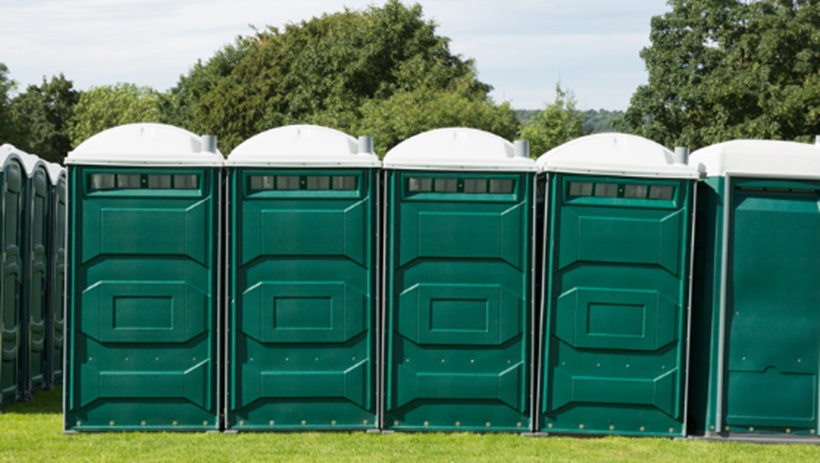The term ‘Green’ has been a favoured catchphrase for businesses for a long time now. It has been a reflection of their commitment towards conserving nature and building an eco-friendly work environment. The need to be environment conscious is seen in all businesses and the same can be seen in the logistics sector. It is a major contributor to environmental despoliation.
While the developed nations across the globe have taken stringent and concrete steps to curb the emission of greenhouse gas due to the functioning of the logistics and transportation sector, developing countries such as India have merely put any of the steps into practical application. This is the reason why the terms environment and growth are used antagonistically in India. The eagerness for growth often overpowers the will to perform better for the environment.
Although, it is important to notice how all the discussion regarding green logistics is often restricted to transportation, when it is only a part of the logistic sector. Modern logistic parks are involved in multiple activities such as warehousing, transport terminals, distribution, packaging, disposal and material handling among other things. If we continue to equate logistics with transportation, it is easy to understand the negative externalities of the logistics sector. While the logistics service providers try to minimize the cost of their services and the GDP flourishes, the true cost is being beared by the environment and the society.
The implementation of green logistics in India requires attention at three levels: individual, business and public policy. All three are inter-dependant and interact with each other on a regular basis. It is essential for the government to intervene with steps towards pricing, regulations, incentives and their implementation.
The players in the Indian logistics sector are yet to realise that the concept of green logistics is compatible with their bottom line. Engaging in payload management, fuel efficiency, better driving techniques go a long way in saving the money spent. Performance metrics monitoring is an alien practice in small scale companies that act as logistic operators. Being an eco-friendly and green company is still not yet seen as an advantage over competitors in the Indian logistics industry.
Another important part of the logistics sector that is almost non-existent in India is the reverse logistics industry. It is responsible for the retrieval of parts, recycling of products and the disposal of packaging waste from the logistics sector. The rise and growth of e-commerce has directly resulted in an increase in packaging waste. Although many e-retailers no longer deal in paper receipts they still do not provide the option of disposing packaging material in an efficient manner. For this, the government needs to intervene with strict rules and regulations for both businesses and consumers to take more responsibility. A great example for the same is the Swachh Bharat Abhiyan.
We have companies like Indospace who are moving towards green logistics to enhance their functionality and contribute towards eco-friendly functioning of all businesses. They are one of the leading builders of logistic parks and warehouses and also provide logistics space for lease.








